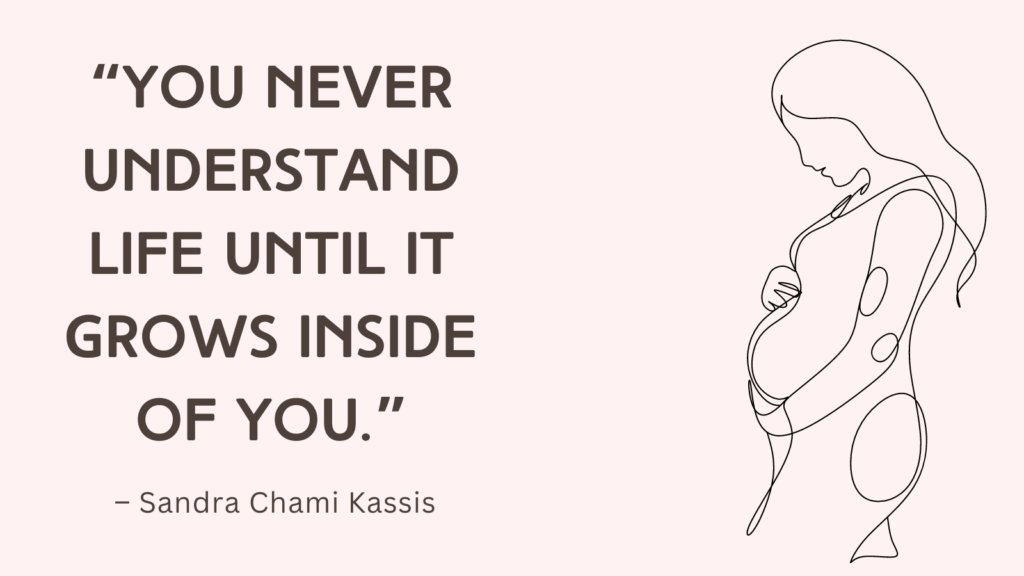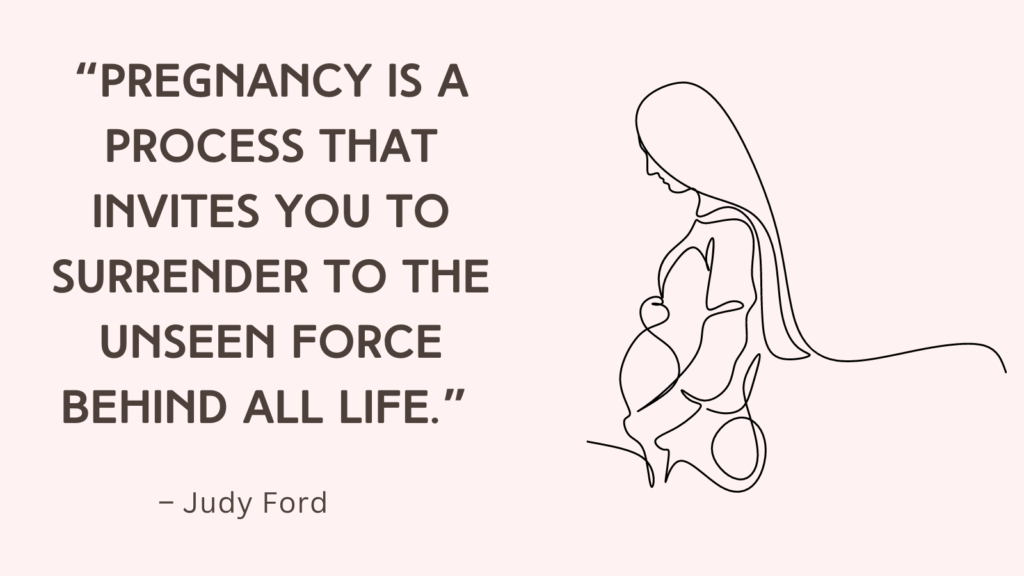Ligaments stretching, increased energy for some, and a developing diaphragm for baby.
You’re now 11 weeks pregnant—almost at the end of your first trimester! Your baby is growing rapidly, and you may start feeling slightly better as morning sickness and fatigue begin to ease for some women.
Let’s go over baby’s development, how your body is changing, and how to manage pregnancy symptoms in week 11.
What’s Happening to Your Baby?
At 11 weeks, your baby is about the size of a fig (4-6 cm or 1.5-2 inches long) and weighs around 8 grams (0.3 oz). Although still small, major developments are happening this week!
Baby’s Head Is More Proportional – The head is still big but is catching up with body growth.
Fingers & Toes Are Fully Separated – No more webbing! Tiny nails are also forming.
Facial Features Are More Defined – The nose, ears, and lips are developing.
The Baby Can Yawn & Stretch! – While you can’t feel movements yet, your baby is now very active inside the womb.
Bones Are Hardening – The skeleton is forming, and tooth buds are developing under the gums.
Skin Is Becoming Less Transparent – But it’s still thin enough to see veins underneath.
The Baby Can Swallow & Pee! – The kidneys are starting to function, and your baby is practicing swallowing amniotic fluid.
External Genitalia Are Developing – But it’s still too early to determine the gender via ultrasound.
What’s Happening to Your Body?
At 11 weeks pregnant, some symptoms may start improving as your body adjusts to hormone changes. However, you may still experience a mix of discomforts.
Common Symptoms at 11 Weeks Pregnant
Morning Sickness – Nausea may begin to ease, but for some women, it still lingers.
Fatigue – You might start regaining energy soon as hormone levels stabilize.
Bloating & Gas – Progesterone slows digestion, leading to bloating.
Increased Appetite – Your metabolism is increasing, and you might start feeling hungrier!
Frequent Urination – Your uterus is expanding, putting pressure on your bladder.
Mood Swings – Hormones are still shifting, which can cause emotional ups and downs.
Breast Changes – Your breasts may still feel tender, and veins may be more visible as blood flow increases.
Mild Cramping & Round Ligament Pain – As your uterus continues to grow, you may feel mild pulling or stretching sensations.
Increased Vaginal Discharge – This helps prevent infections but should be clear or white (if it’s yellow, green, or smells bad, call your doctor).
How to Cope with Week 11 Pregnancy Symptoms
1. Managing Morning Sickness (If It’s Still There!)
Eat small, frequent meals to keep nausea under control.
Stay hydrated – Drink water, herbal tea, or lemon water to ease nausea.
Avoid strong smells that make you feel sick.
Ginger tea or ginger candies can help reduce nausea.
2. Boosting Energy Levels
Get enough sleep – Go to bed early and take naps if needed.
Eat iron-rich foods like spinach, lentils, and eggs to prevent anemia.
Stay active – Light exercise, such as walking or prenatal yoga, can help.
3. Managing Bloating & Digestion Issues
Eat fiber-rich foods like fruits, vegetables, and whole grains.
Avoid carbonated drinks and greasy foods, which can cause gas.
Drink plenty of water to help digestion and prevent constipation.
4. Handling Mood Swings
Practice self-care – Take a warm bath, listen to music, or do something relaxing.
Talk about your feelings – Share with a partner, friend, or therapist.
Try deep breathing or meditation to help with emotional balance.
5. Easing Breast Tenderness
Wear a comfortable, supportive bra to ease discomfort.
Use warm compresses if your breasts feel sore.
6. Reducing Frequent Urination
Drink water throughout the day, but limit fluids before bedtime.
Empty your bladder completely each time you go.
What Should You Be Doing in Week 11?
You’re almost done with the first trimester! Here’s what to focus on this week:
1. Attend Your First Prenatal Visit (If You Haven’t Yet)
Your doctor may do an ultrasound to check baby’s heartbeat.
Blood tests will check your iron levels, hCG, and possible infections.
If considering genetic screening tests, now is the time to discuss them.
2. Keep Taking Prenatal Vitamins
Ensure your vitamin contains 400-800 mcg folic acid for brain and spinal cord development.
A vitamin with DHA & Omega-3s supports baby’s brain growth.
3. Eat a Healthy Pregnancy Diet
Include protein-rich foods like eggs, chicken, and tofu.
Eat calcium-rich foods like yogurt, milk, and cheese.
Stay hydrated – Drink at least 8 glasses of water daily.
4. Start Thinking About Maternity Clothes
Your belly may start feeling fuller, and your regular pants may feel tighter.
Consider stretchy leggings, maternity jeans, or loose dresses for comfort.
5. Plan Your Pregnancy Announcement (If You Haven’t Yet!)
Many parents wait until the end of the first trimester (week 12-13) to announce.
Start thinking about how you’d like to share the news with family and friends.
6. Research Childbirth & Parenting Classes
Some classes fill up early, so start looking now.
Consider prenatal yoga or fitness classes for a healthier pregnancy.
Final Thoughts
Week 11 is a big milestone because you’re so close to the second trimester! Your baby is growing quickly, their organs are forming, and soon, you may start feeling better.
Even though fatigue, nausea, and bloating can still be frustrating, remember that this phase is temporary—you’re almost there!



